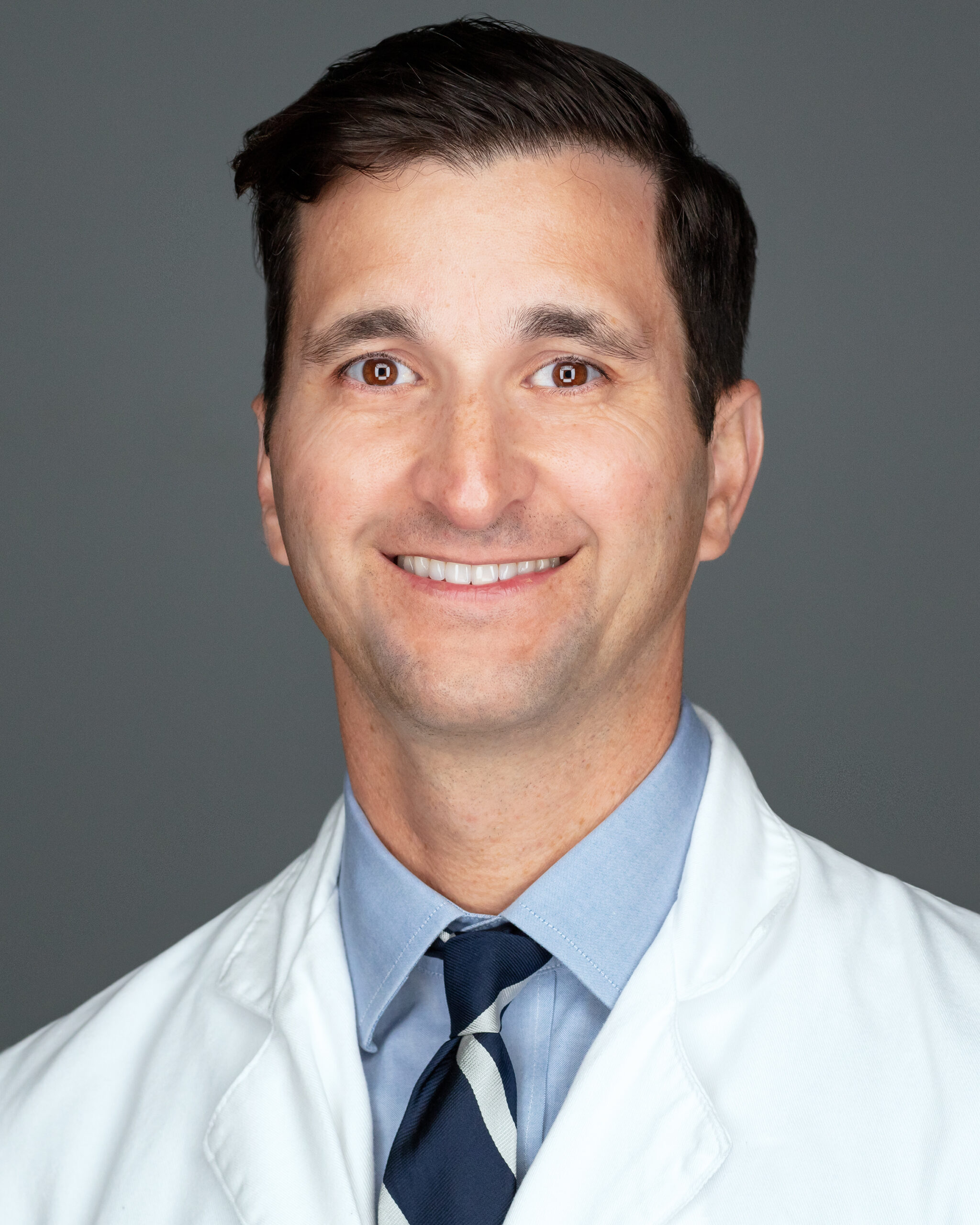
How to prevent the risks of colorectal cancer after age 40
Colon cancer is one of the leading causes of cancer-related deaths in the United States. However, it is also one of the most preventable.
The American Cancer Society recommends people with an average risk of colorectal cancer start screening at age 45. However, those with a family history of colorectal cancer or with particular risk factors may indicate a need to start screening much earlier.
Fortunately, prevention is possible through early detection and treatment. Moffitt Cancer Center is ranked as No. 25 in the nation for cancer and is high performing in colon cancer surgery. They are dedicated to helping individuals reduce the risk of colon cancer through awareness and education.
The risk factors to know when to start colorectal screening
According to Dr. Julian Sanchez, a colorectal surgeon in the Department of Gastrointestinal Oncology at Moffitt Cancer Center, it is important to understand your risk status.
The risk of colorectal cancer increases with the following:
- People aged 50 and older
- African Americans carry higher risk
- Personal history of polyps or colorectal cancer
- Family history of colorectal cancer
- Specific genetic syndromes
- History of radiation therapy to the pelvis or stomach
- Inflammatory bowel disease
- A diet high in processed meats
- Sedentary lifestyle
Colonoscopies Are the Gold Standard in Screening
Colon cancer generally develops from small growths known as polyps in the colon lining. These cells typically do not become cancerous, or malignant. However, when they do, the process usually takes about 10 to 15 years to complete. That is why individuals with an average risk of colon cancer should undergo a colonoscopy every 10 years after age 45.
Sanchez states that the goal of colonoscopy is to prevent cancer by taking out the polyps. If a polyp is discovered, the risk of developing more increases. In that case, doctors recommend having screenings more frequently, every year or so.
He also agrees that prepping has become much more patient-friendly. Patients can use several different forms of preps to clear their colon with either pills or liquids that are more comfortable. The procedure lasts about 30 to 60 minutes.
“The procedure is quick and easy, since the patient is under sedation. There are several ways we can also detect potential cancer through various tests, but the colonoscopy is the gold standard, since we are at the source.”
Moffitt patients can receive a comprehensive colonoscopy and other procedures to screen for colon cancer. The staff will carefully assess each patient’s risk factors and recommend the appropriate screenings. These screenings may include the following:
- Colonoscopy
- Sigmoidoscopy
- CT Scan
- MRI
- Biopsy
- Stool samples
Ways To Prevent Colorectal Cancer
To reduce the risk of colorectal cancer, Moffitt Cancer Center recommends the following:
- Eating a diet rich in fruits, vegetables and unprocessed whole grains
- Limiting consumption of processed red meats
- Exercising regularly
- Maintaining a healthy weight
- Not smoking
- Limiting alcohol consumption
- Talk to your doctor about when to begin screening and which tests are right for you
Several other organizations offer colorectal cancer screenings and education in the Greater Tampa Bay area. Tampa General Hospital and Tampa Bay Endoscopy Center are two that offer screenings.
By Deborah Holmén, M.Ed., NBCT.





